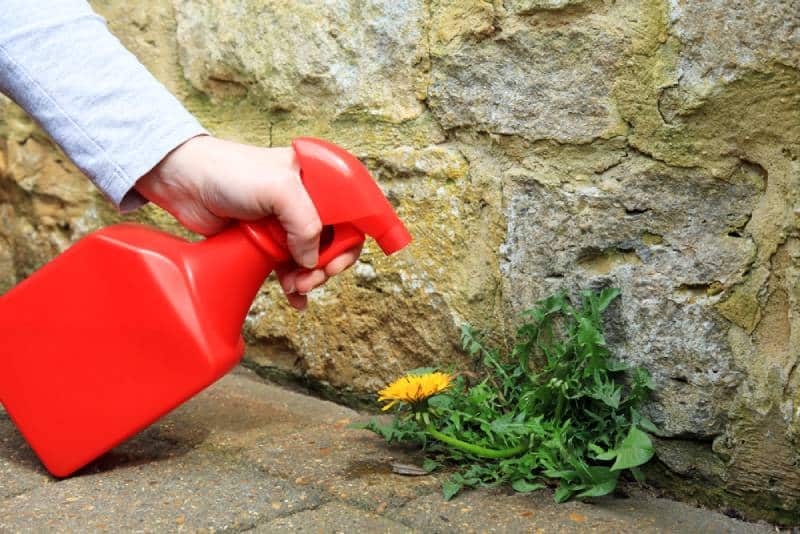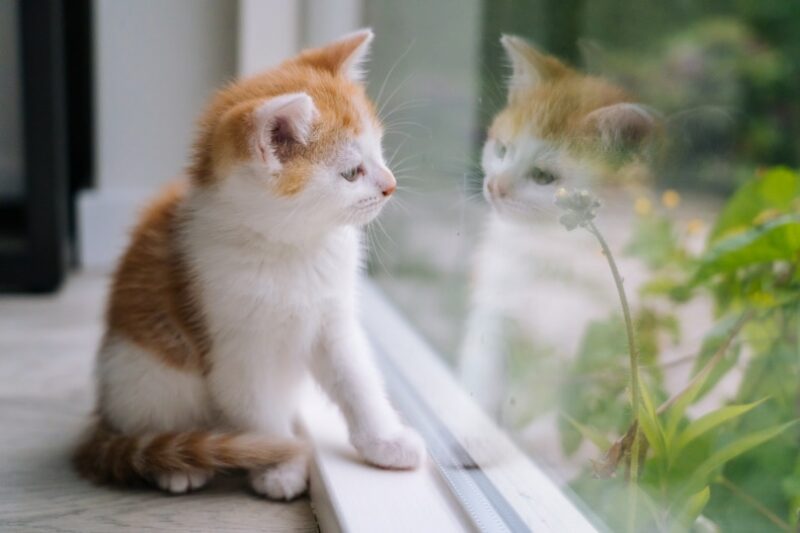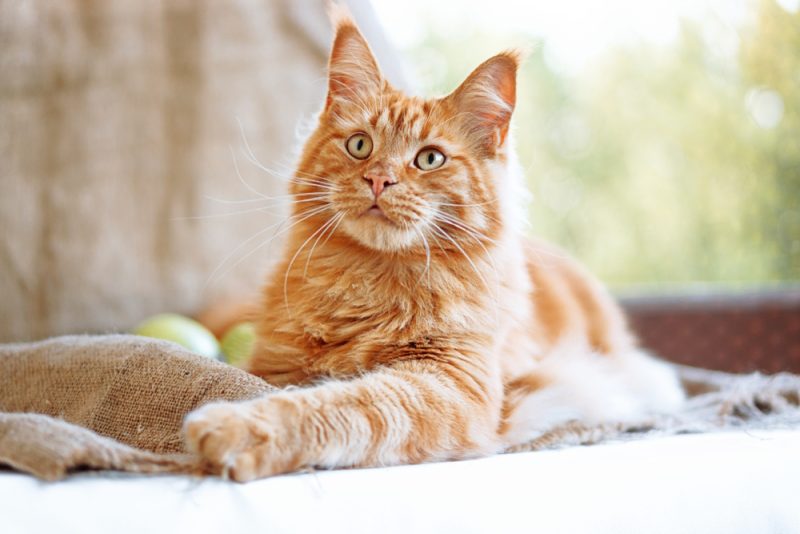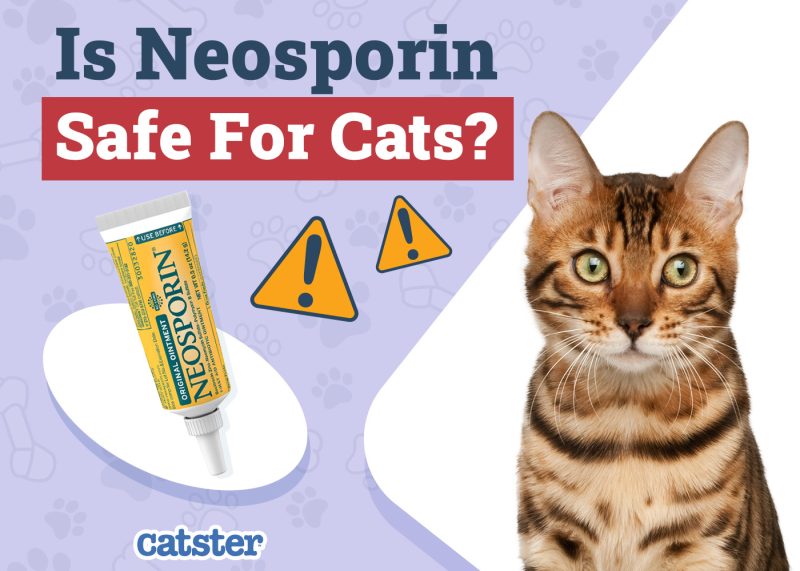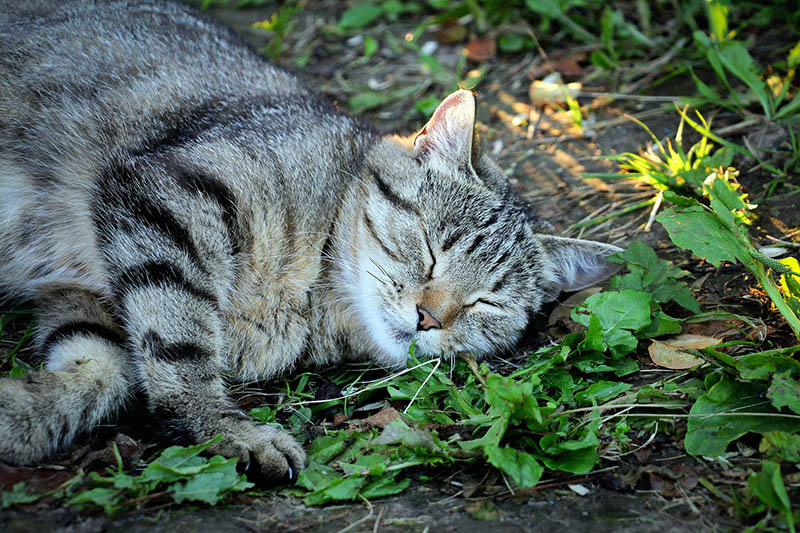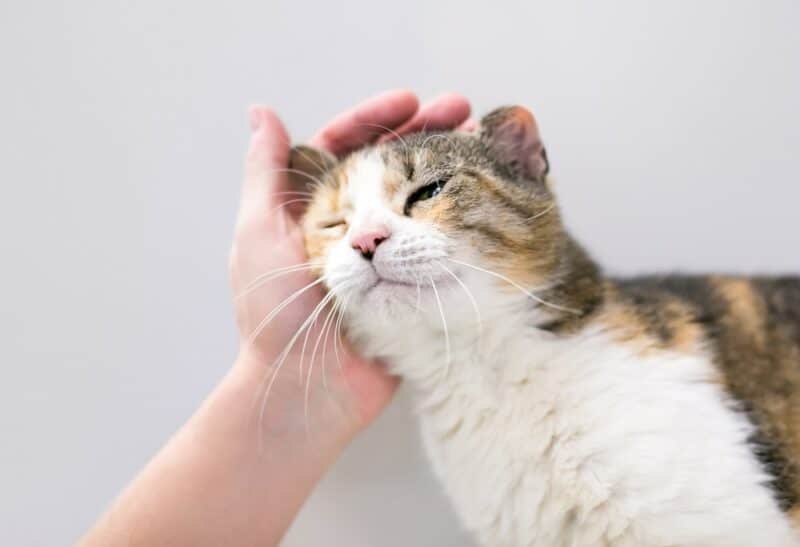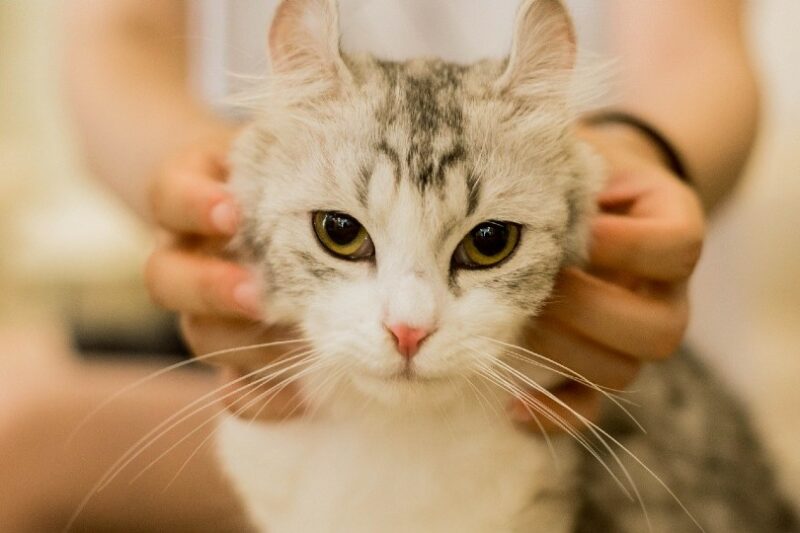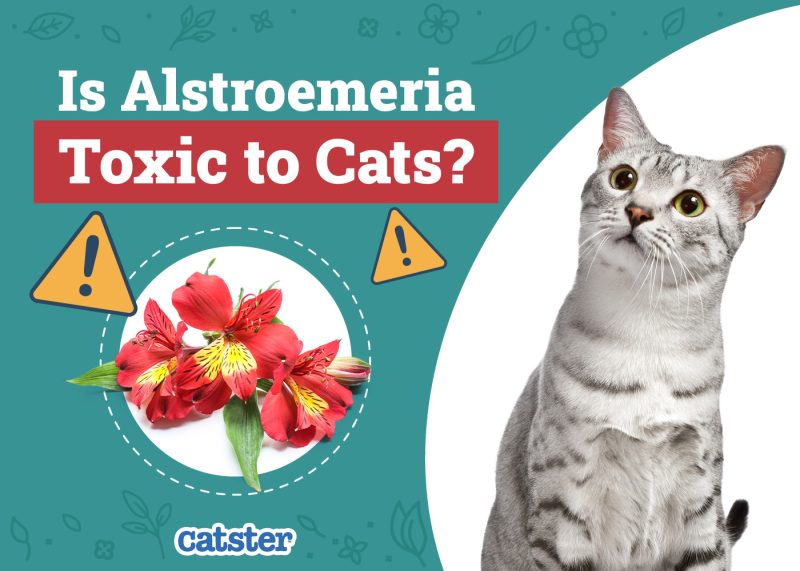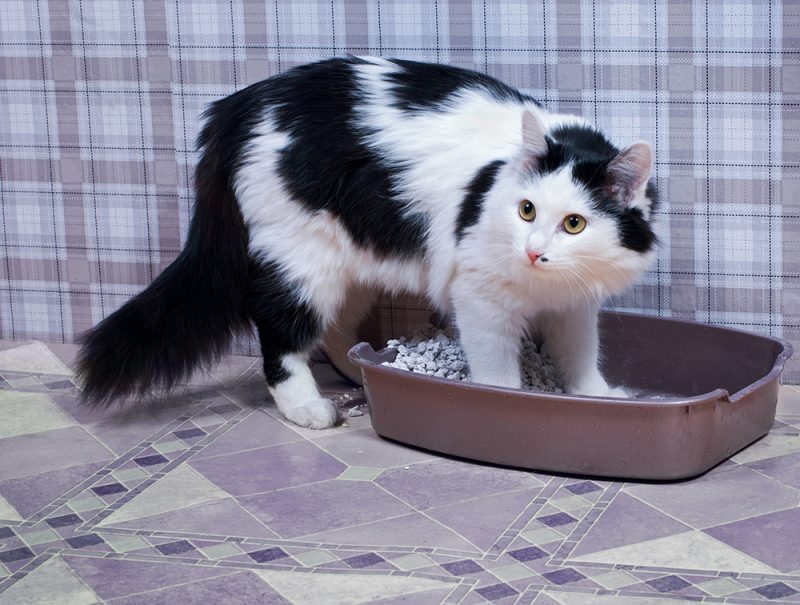Weed killers are ideal for keeping your lawn pristine, but are they safe for the kitties passing through? The answer is that it depends on the type of weed killer you’re using and how you use it. Some products are marked “pet safe,” but even these need to be used in a certain way to prevent harm to your furry friends. Read on to learn more.

Can Weed Killer Poison Cats?
Yes, especially if it’s not used according to the instructions. You can certainly find weed killers labeled “safe for pets” but with the caveat that they’re used as instructed.
For example, if the instructions say that a product is pet-safe as long as you wait 48 hours before letting your cat roam the area again, but you let your cat out before the product has fully dried, the product could end up on your cat’s fur, feet, or even in their mouth if they self-groom after getting product on their coat.
Toxic Ingredients
Some of the ingredients commonly found in weed killers that can cause toxicity if ingested include glyphosate, chlorophenoxy derivatives, ferrous sulfate, paraquat, and fatty acids like octanoic acid (caprylic acid), decanoic acid (capric acid), and nonanoic acid (pelargonic acid).
Products that need to be diluted with water before use are another risk factor, as these have higher concentrations of toxins compared with products that you simply spray on.
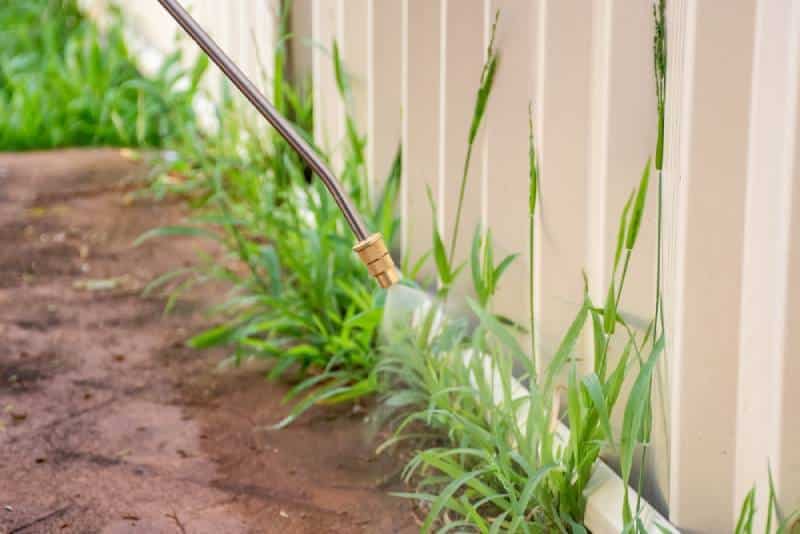
Signs of Poisoning
Signs a cat has come into contact with or ingested toxic ingredients include eye irritation, skin irritation, respiratory problems, vomiting, diarrhea, lethargy, anorexia, pupil dilation, salivation, abdominal pain, mouth ulcers, and blood in the stool.
Signs and severity can vary depending on the toxin that was ingested and how much was ingested. Some cats get away with a minor stomach upset, whereas others experience more serious issues.
If you suspect poisoning, please get your cat checked by a vet right away and let them know what has or may have been ingested. This can help your vet determine the right course of action. If you think your cat may have walked in an area with herbicide, clean their paws with gentle soap and warm water straight away to reduce the risk of it being licked off.
If you need to speak with a vet but can't get to one, head over to PangoVet. It's an online service where you can talk to a vet online and get the advice you need for your pet — all at an affordable price!

What About “Organic” or “Natural” Weed Killers?
Unfortunately, even if a product is labeled “organic” or “natural,” this doesn’t necessarily mean there’s no risk to your cat. These can still contain potentially poisonous ingredients like fatty acids, so it’s equally as important as it is with regular products to use “natural” or “organic” products only as directed.
Tips for Keeping Cats Safe
If your garden weeds are getting you down, here are some tips for tackling them while keeping your cat safe at the same time.
- Always opt for pet-safe weed-killer products and follow the instructions on the package.
- Chemical residue can linger on surfaces for 48 hours or even longer after application. Check the advised wait time on the packaging before you allow your cat access to the area, and consider exceeding it to be on the safe side.
- Consider pulling weeds by hand, if possible, to make sure cats are completely safe.
- Stick to pet-safe, ready-to-use products instead of concentrated products that you need to dilute.
- When not using them, store weed-killing products where your cat can’t find them and knock them over.


Final Thoughts
To recap, pet-safe weed killers are best if you have cats or dogs that spend time in the garden, but it’s imperative to use them as instructed and make sure you give them enough time to completely dry before letting pets out into the area.
While it’s unlikely that a cat would ingest a large amount of weed killer (the smell and taste would be enough to put them off), they can easily come into contact with it and lick it off their fur or paws while grooming, and this is where the danger lies.
Featured Image Credit: Dean Clarke, Shutterstock
